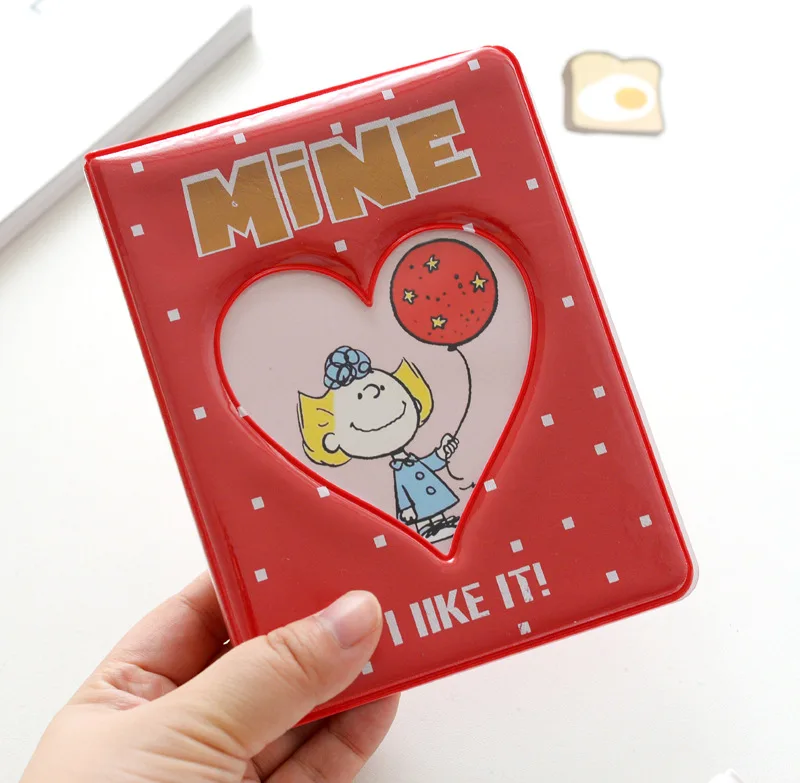
Perhaps only the format of an album can give such a programme coherence, and turn it into a work of art you can return to and live with. But for a brilliant instrumental example – and to come bang up to date – consider the new album from the extraordinary pianist Igor Levit: a deeply personal project, it’s a celebration of life forged from tragic loss, journeying through music by Bach, Schumann, Liszt, Wagner, Busoni and Bill Evans.

Sometimes that’s planned – not surprisingly, albums of songs are often the best examples, the winners of the recital and vocal categories in this year’s Gramophone Awards both offering emotional progressions through carefully planned programmes. Sometimes an album’s power lies in the vision of a musician who, by placing songs or pieces of music together in a compelling way, seeking and communicating connections, can create something that becomes far greater than the individual parts. The term album evokes more than simply music caught on record: it evokes a thought-through planned journey, a story, a potentially profound moment of connection between an artist and a listener. But secondly, and more importantly, because I think in neglecting the term ‘album’, something was lost. Firstly, and most prosaically, because when you’re just as likely to be streaming on an iPhone as putting a CD into a player, it makes sense to reach for a format-neutral term. It’s something I’ve started to change in Gramophone’s pages. But as classical releases came to be dominated by, say, single symphonies, or perhaps a coupling of two concertos, or a complete opera, the term album was used less, and the format become the key descriptor – LP, CD, and so on. In pop and rock, of course, it came to mean a record which contained within it multiple songs, in a themed, unified concept. In subsequent years, however, ‘album’ was rarely used as a term in classical music.

(And those of us who love music know that a sonic snapshot of a moment can be even more powerful than a picture: if a picture speaks a thousand words, music has the ability to speak a thousand pictures). But we might trace the roots of the term back further still, to when a set of 78s would be presented in a protective fold-out book – like a photo album, only with record sleeves instead of images. We live in a streaming age, when a recording can be broken up, expanded, re-packaged, tracks excised or woven into a day-long playlist, music sliced, diced and spliced in myriad ways – all of which forces us to confront that opening question: what, indeed, does an ‘album’ mean? Why is it important?Īrchivists date the album back to the 1948 release of Columbia’s first 12-inch vinyl, Nathan Milstein’s release of Mendelssohn’s Violin Concerto the album was, gratifyingly, therefore born as a classical recording. That I was serendipitously thinking along similar lines as the UK’s record industry body reflects, I think, something transformative that’s going on in the way we listen to music today.
/i.s3.glbimg.com/v1/AUTH_59edd422c0c84a879bd37670ae4f538a/internal_photos/bs/2021/T/j/Or5LGrSaCFPNNsnkkr5g/priscillacapaalbum.jpg)
What does an Album mean to you? That’s the question I asked in Gramophone back in the spring, before I was aware of the launch of the BPI/ERA’s inspired initiative, National Album Day.


 0 kommentar(er)
0 kommentar(er)
